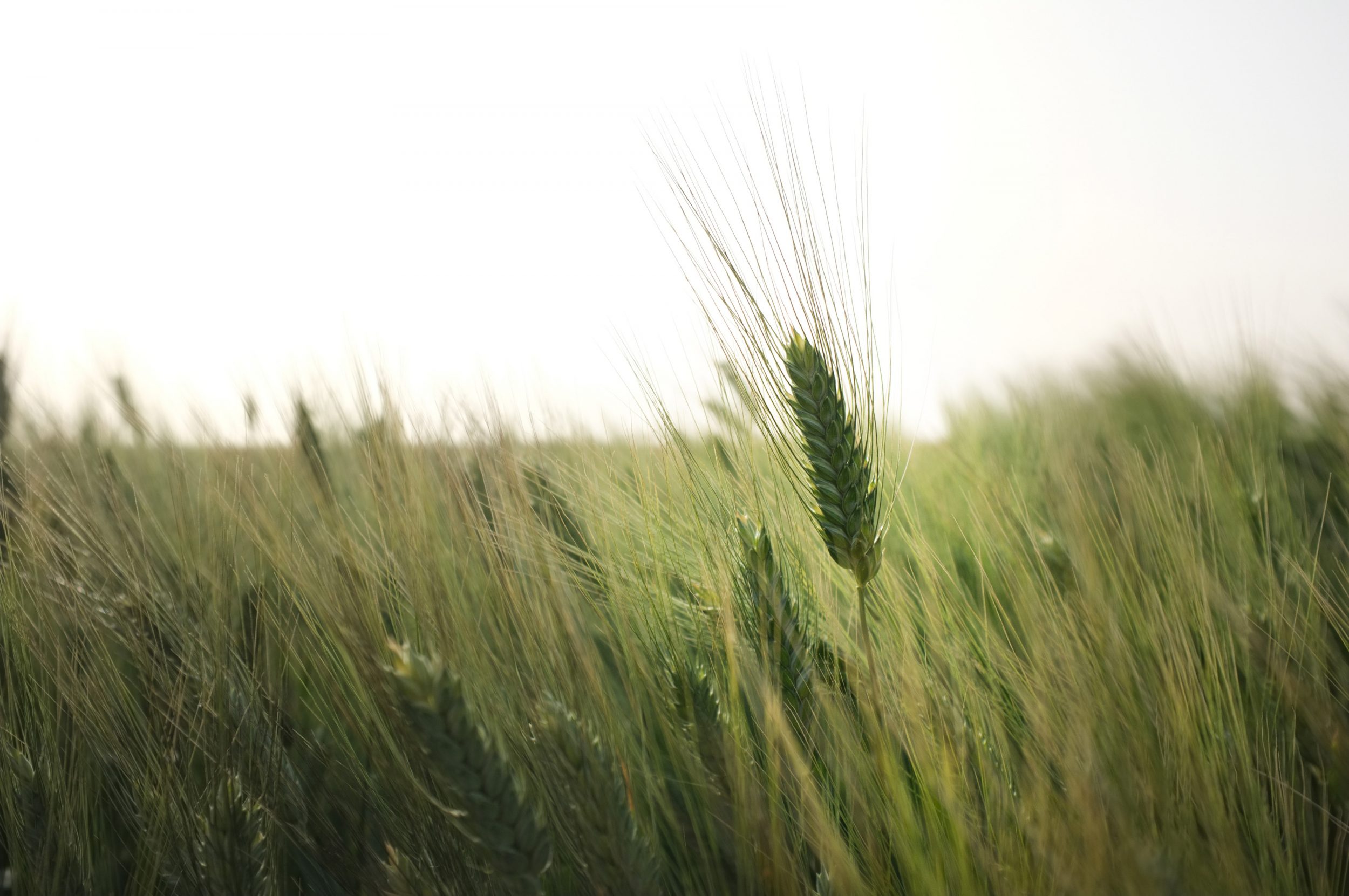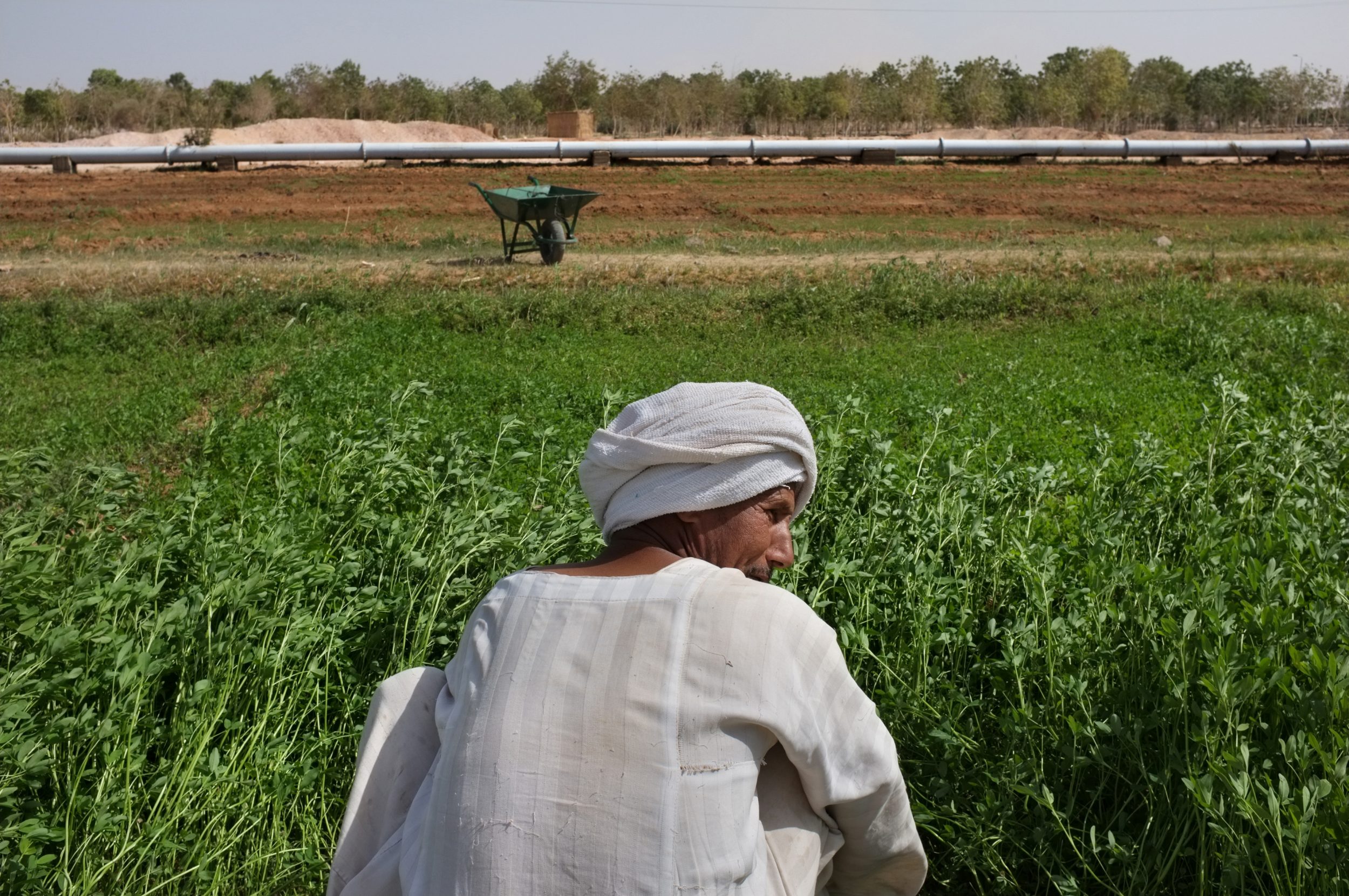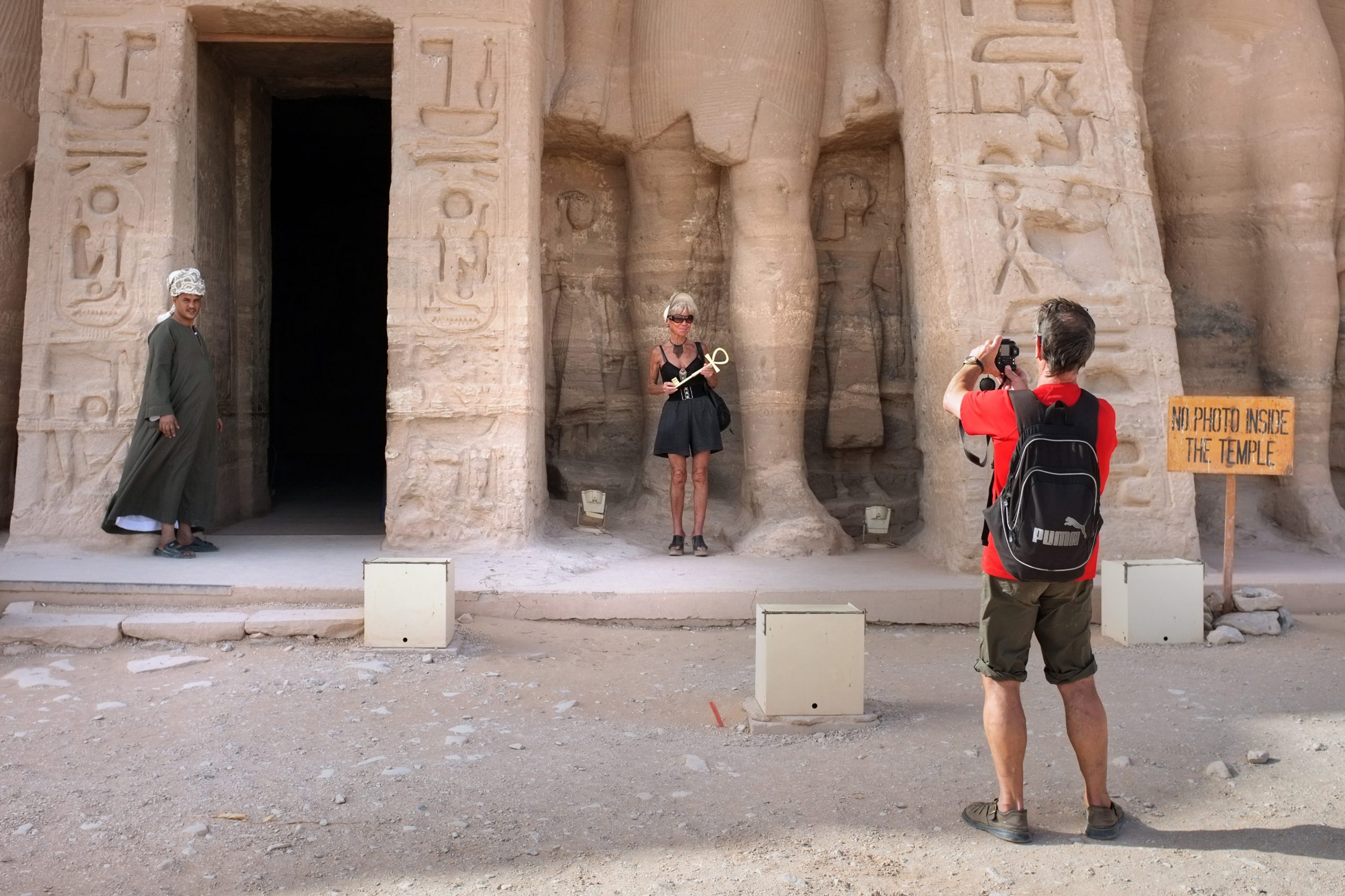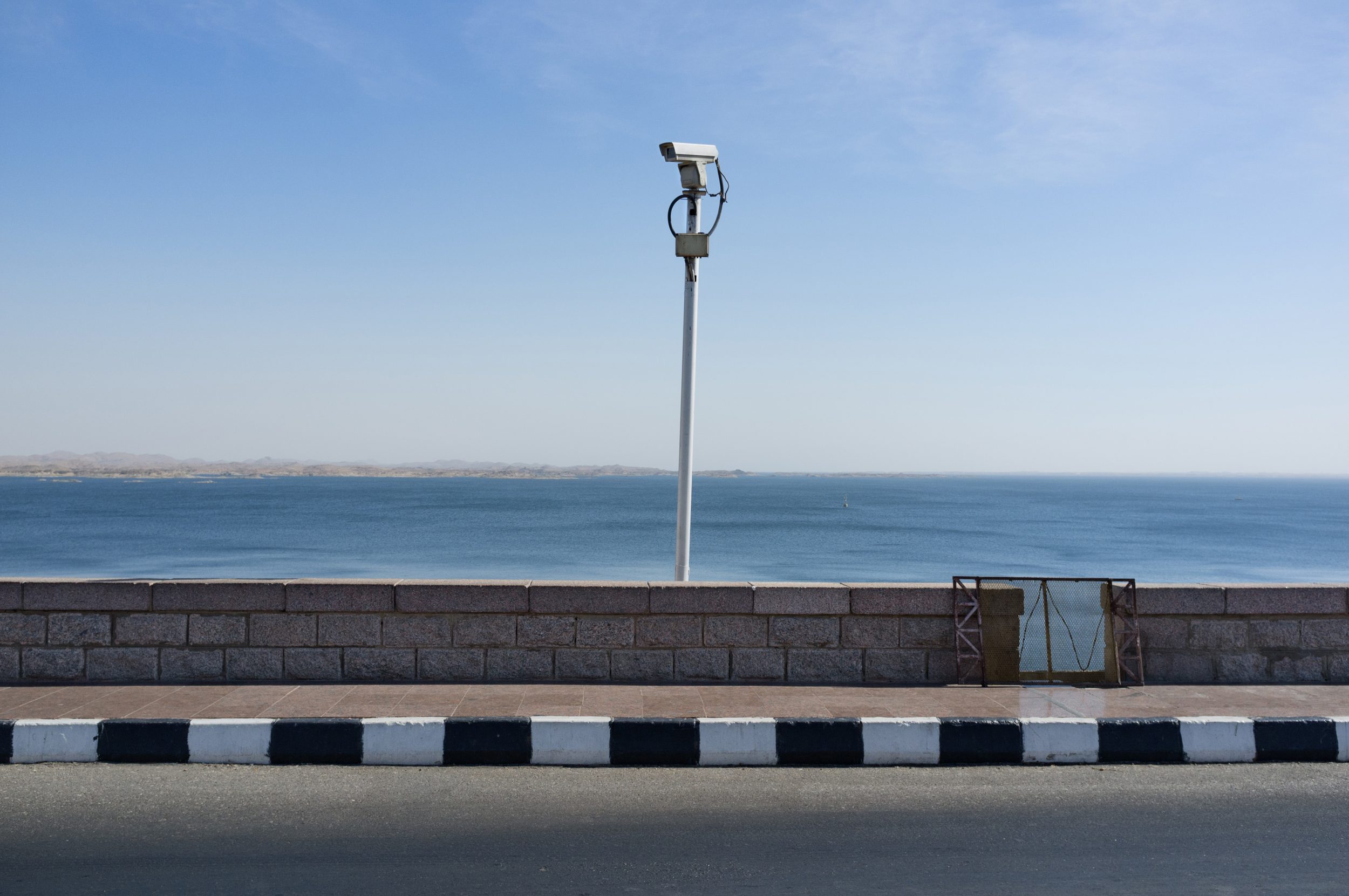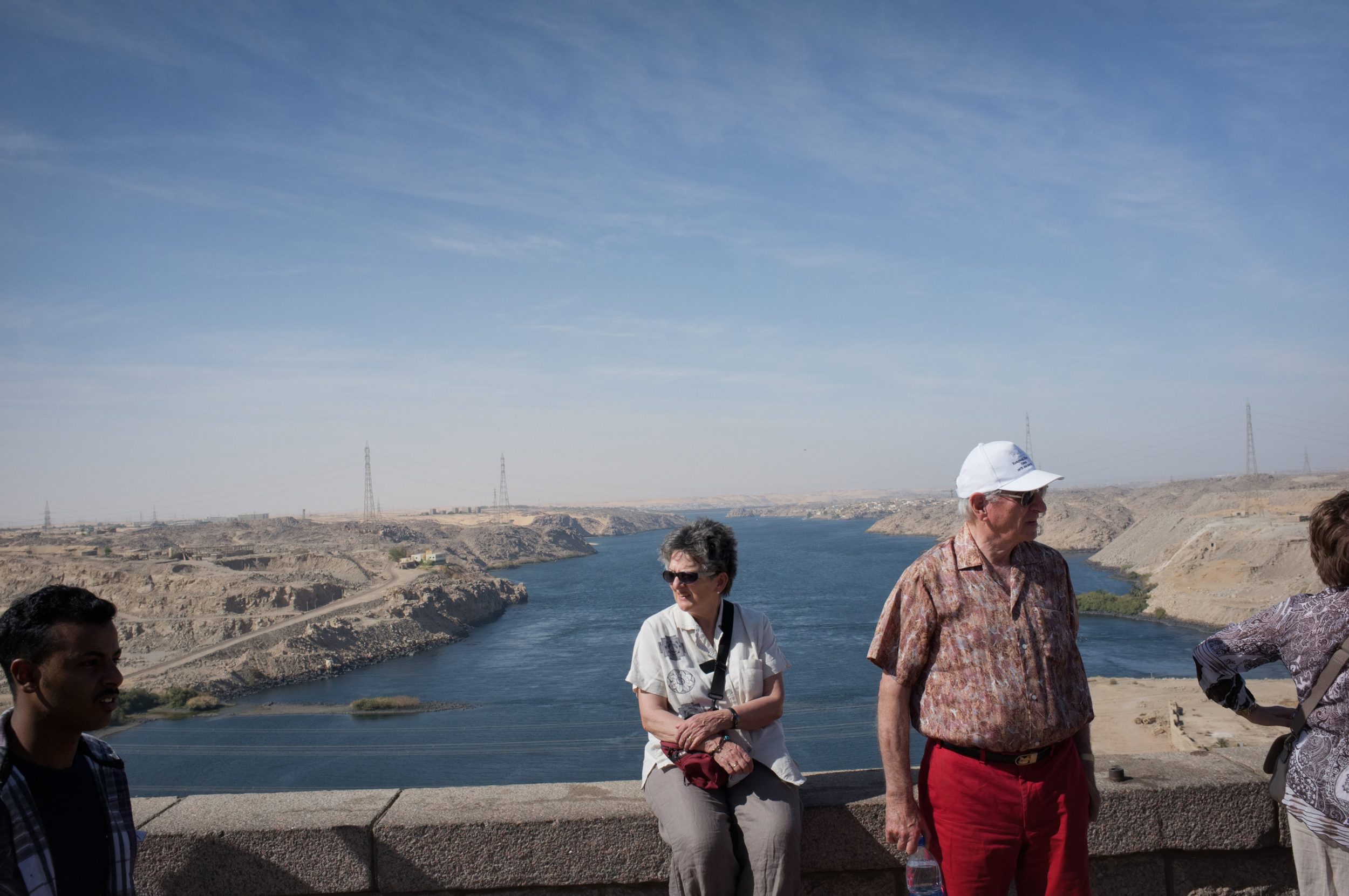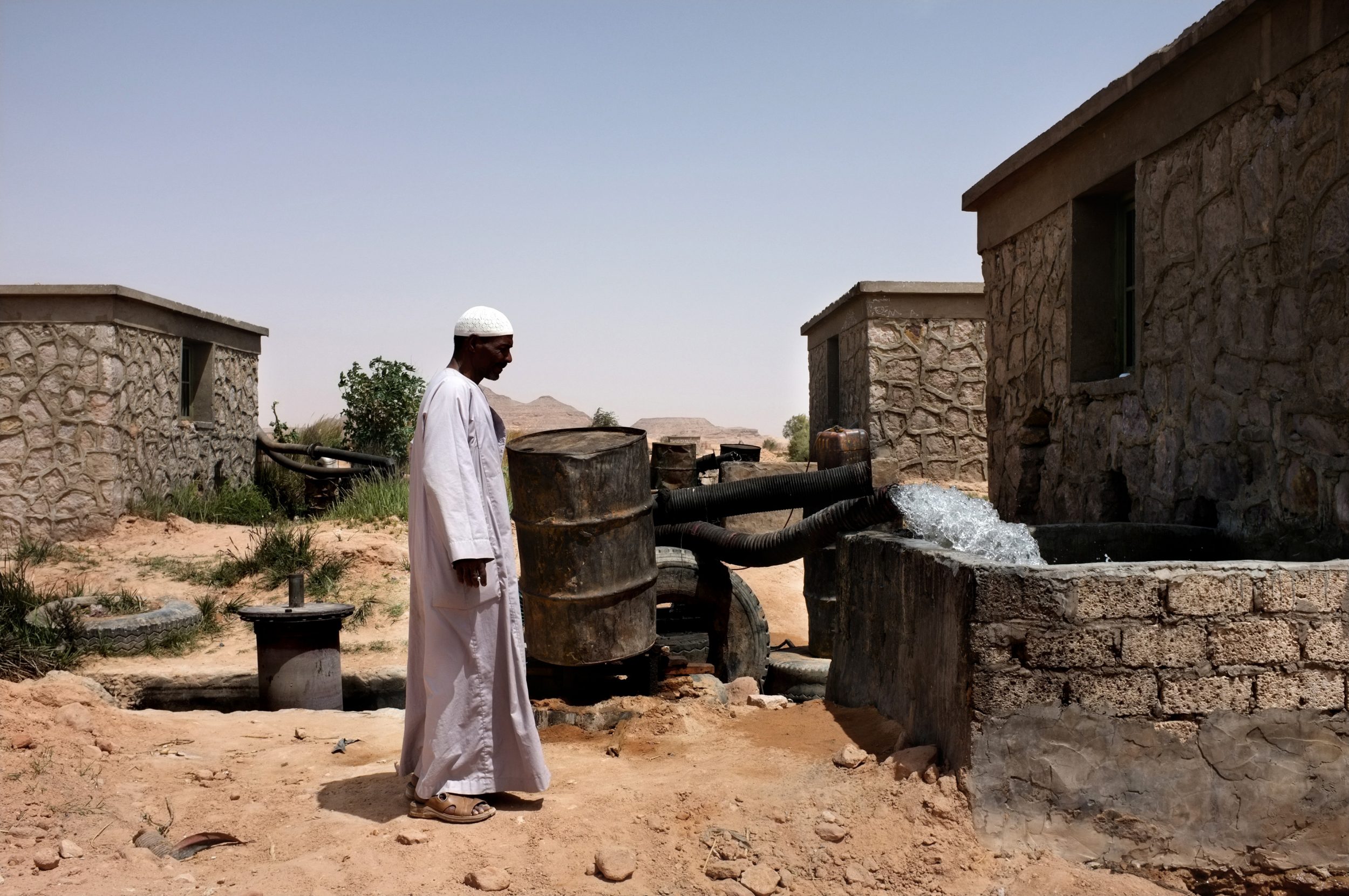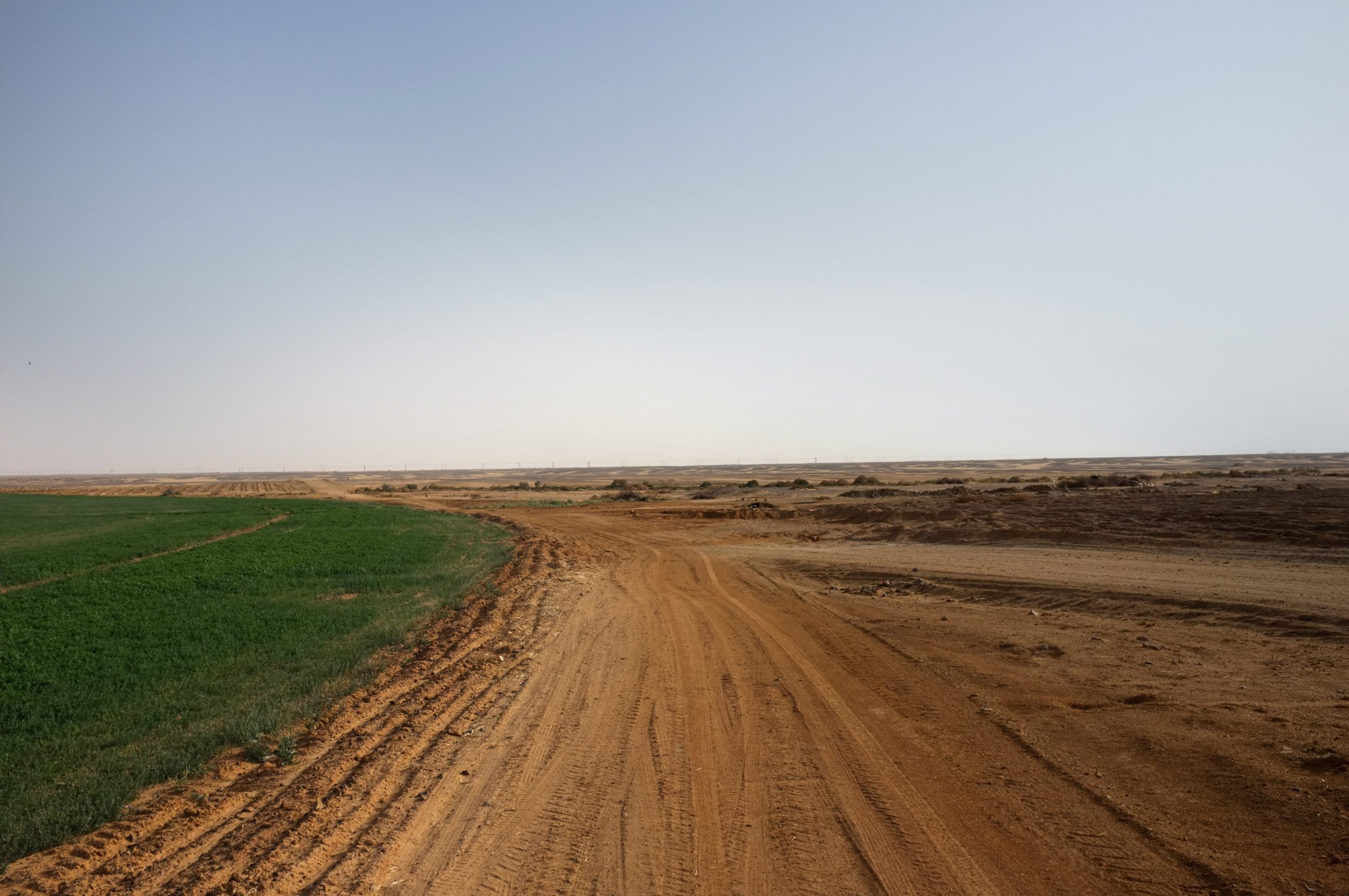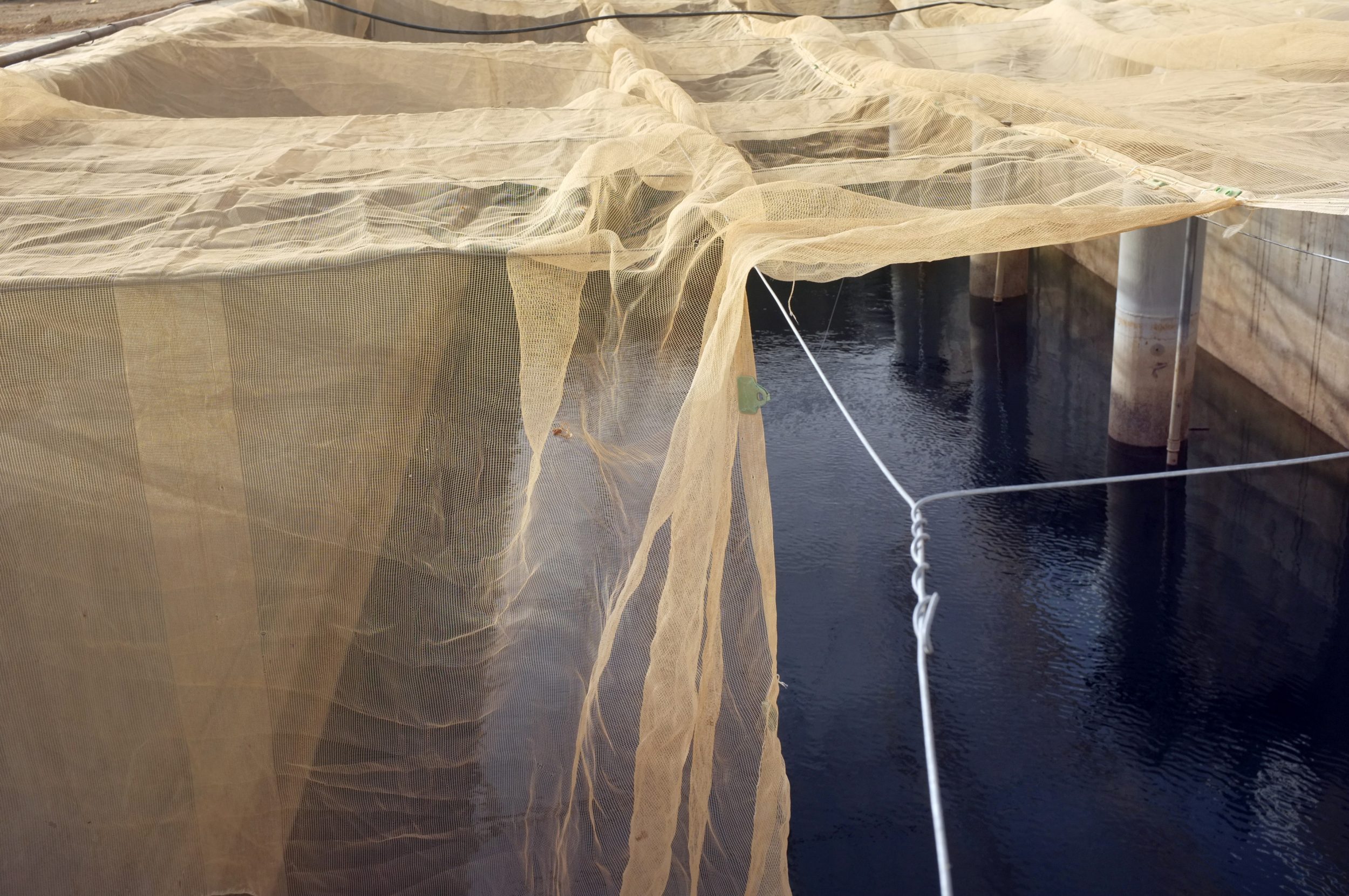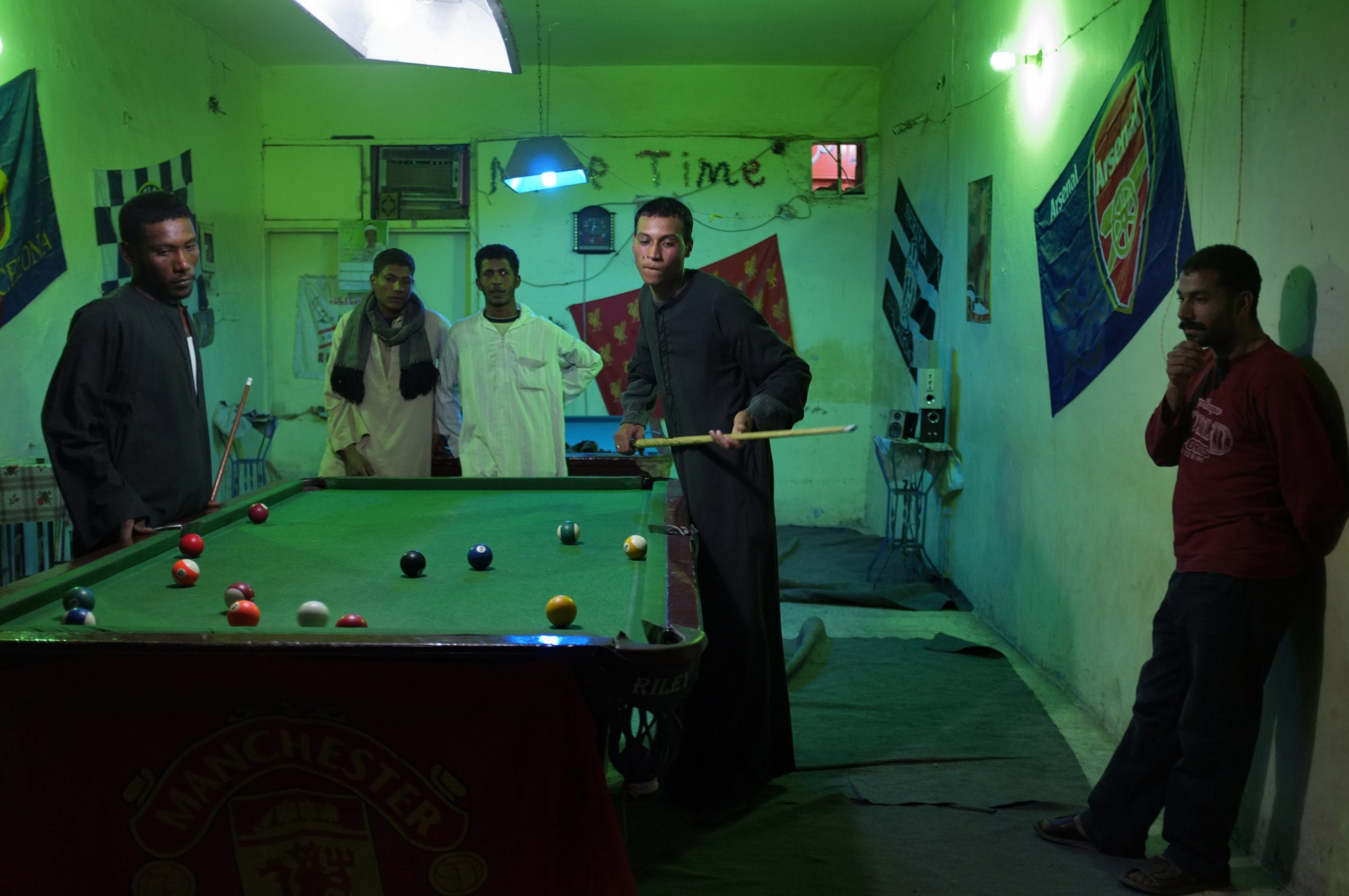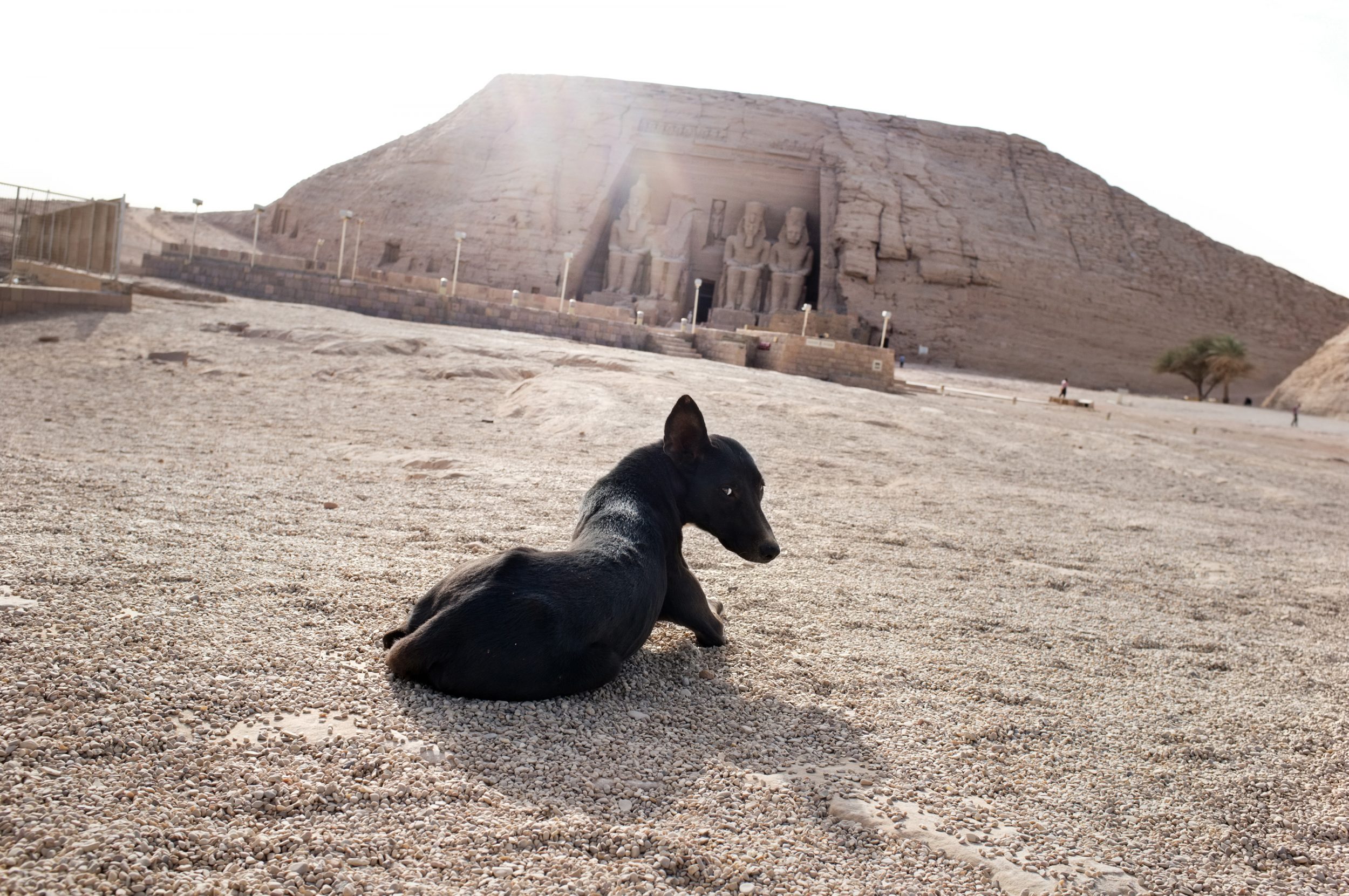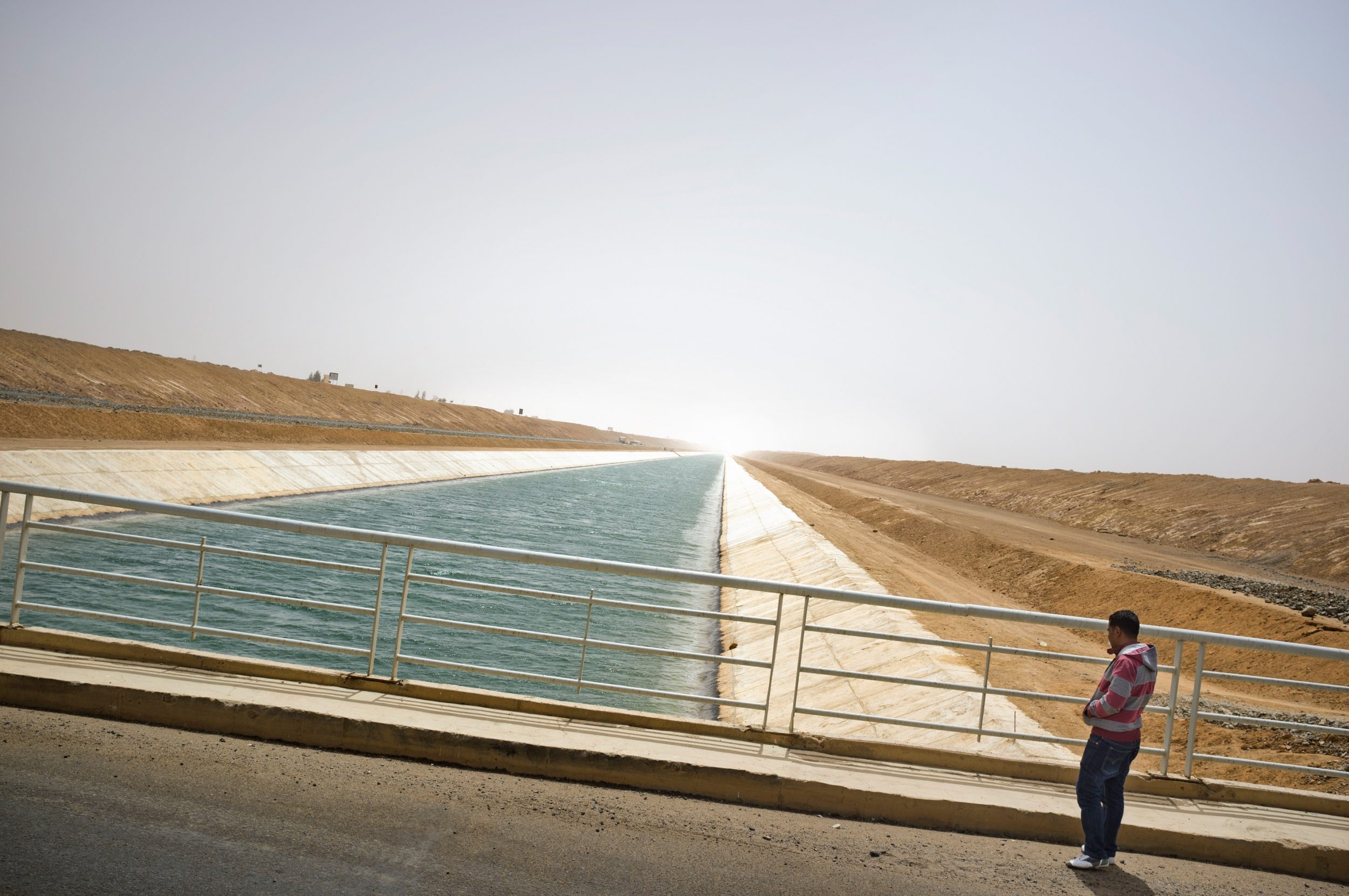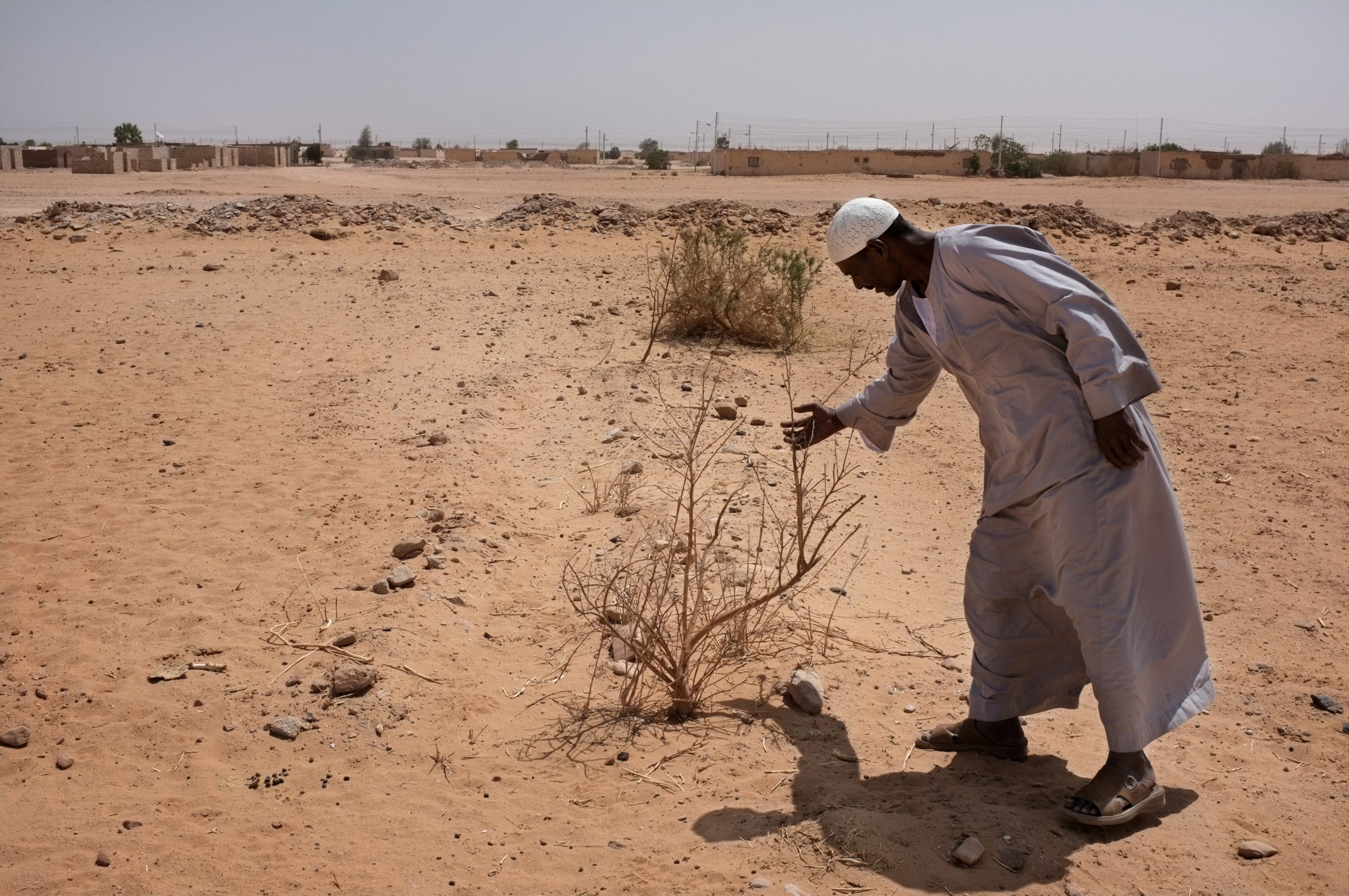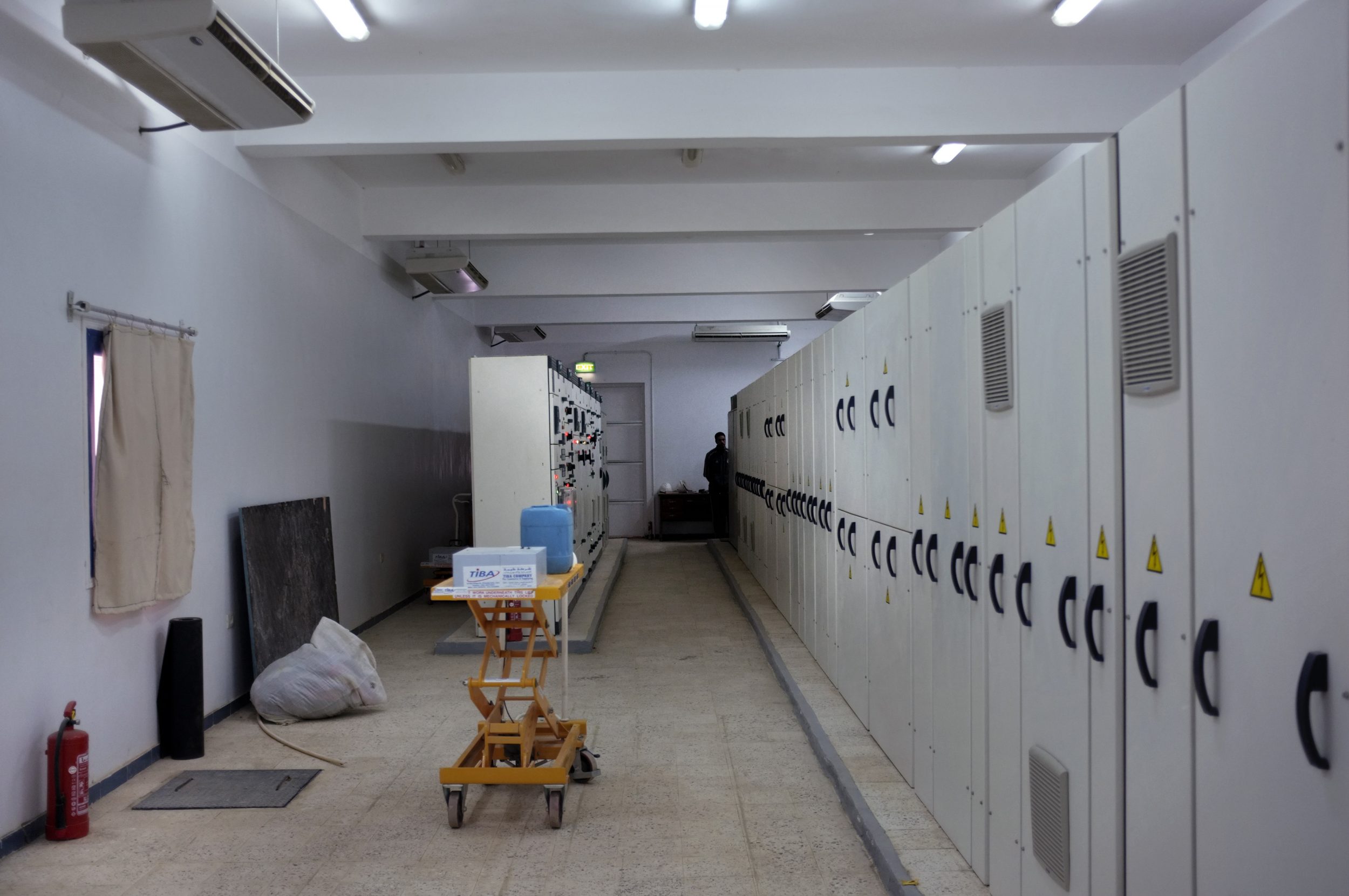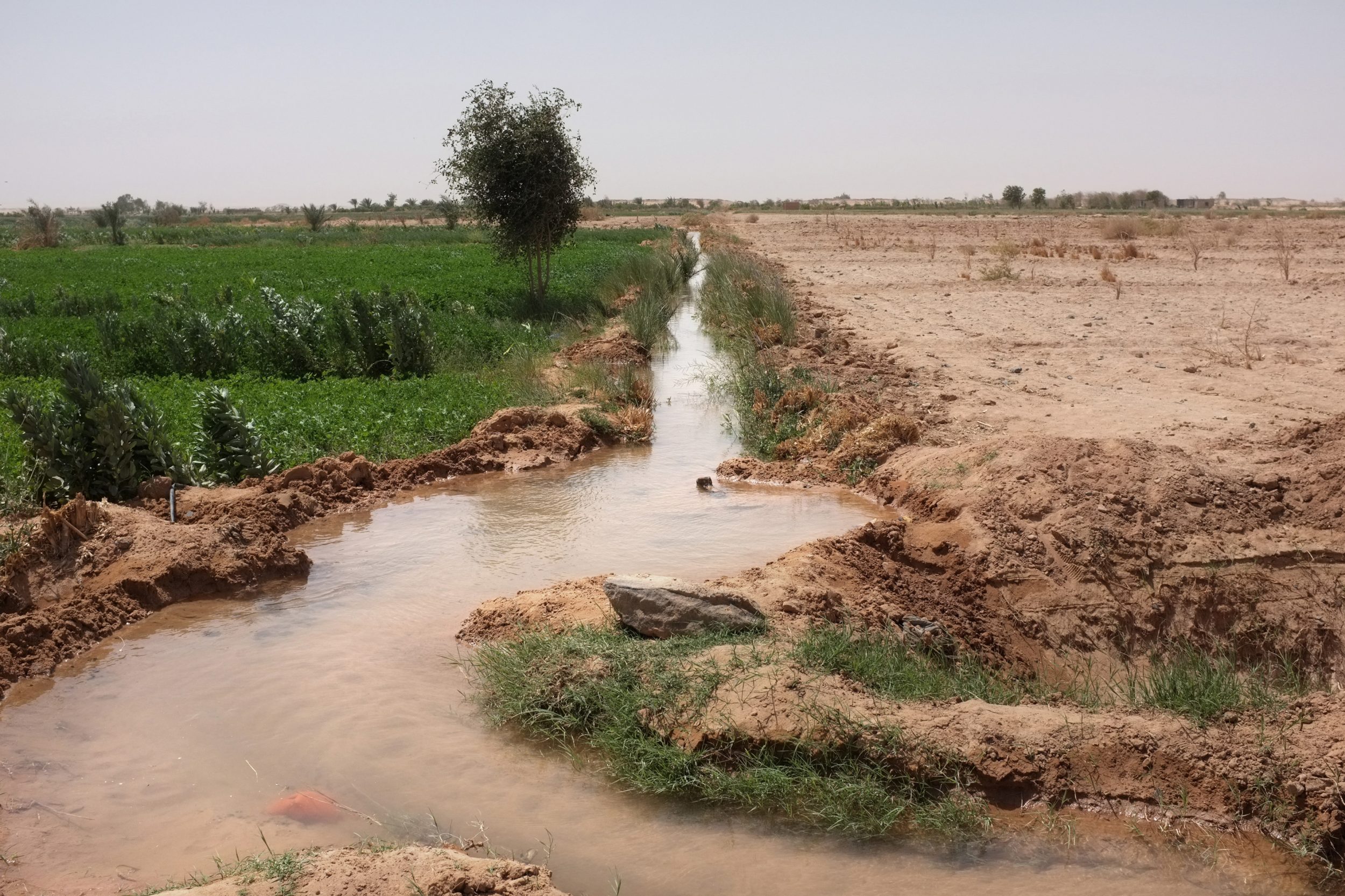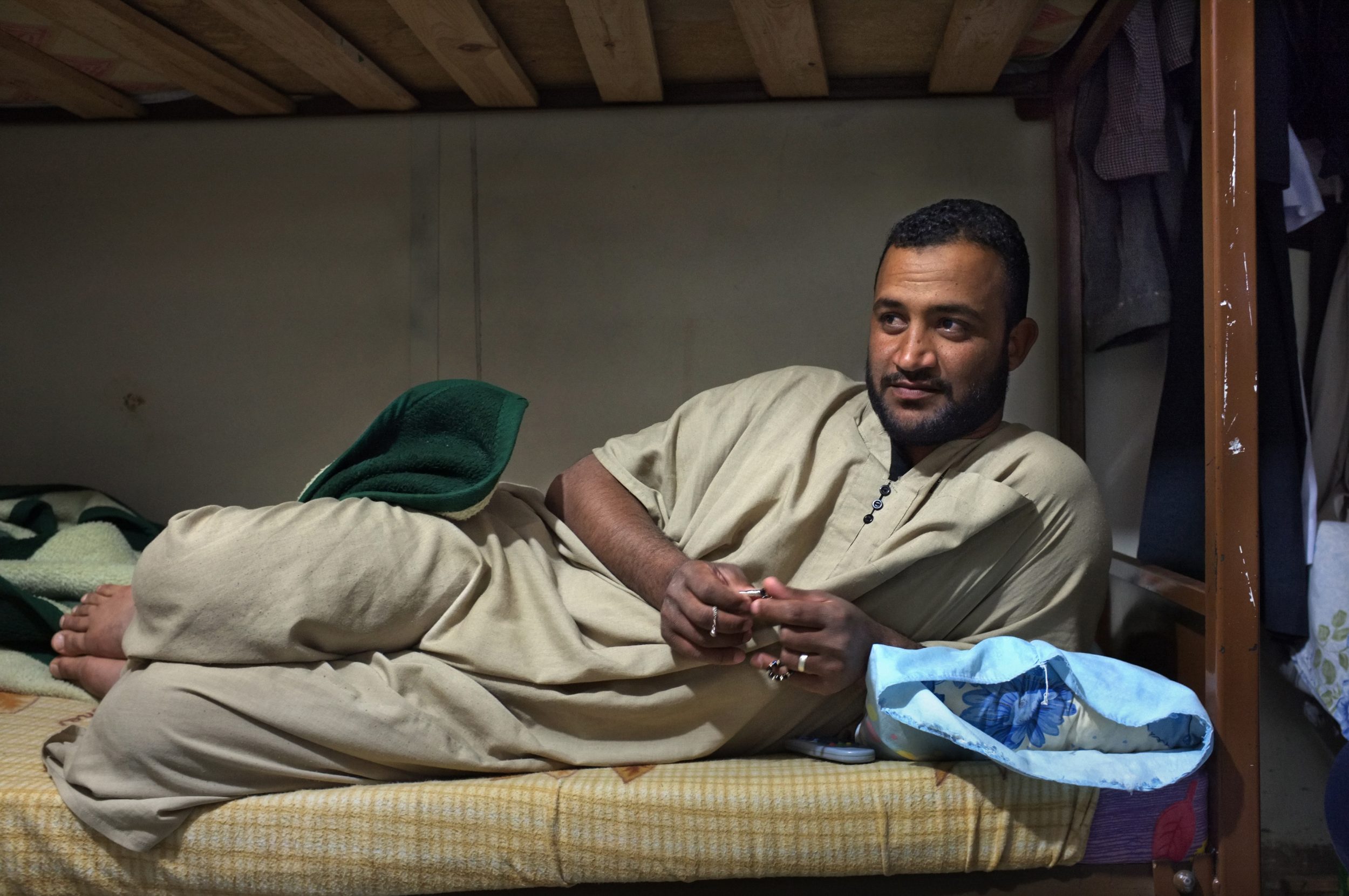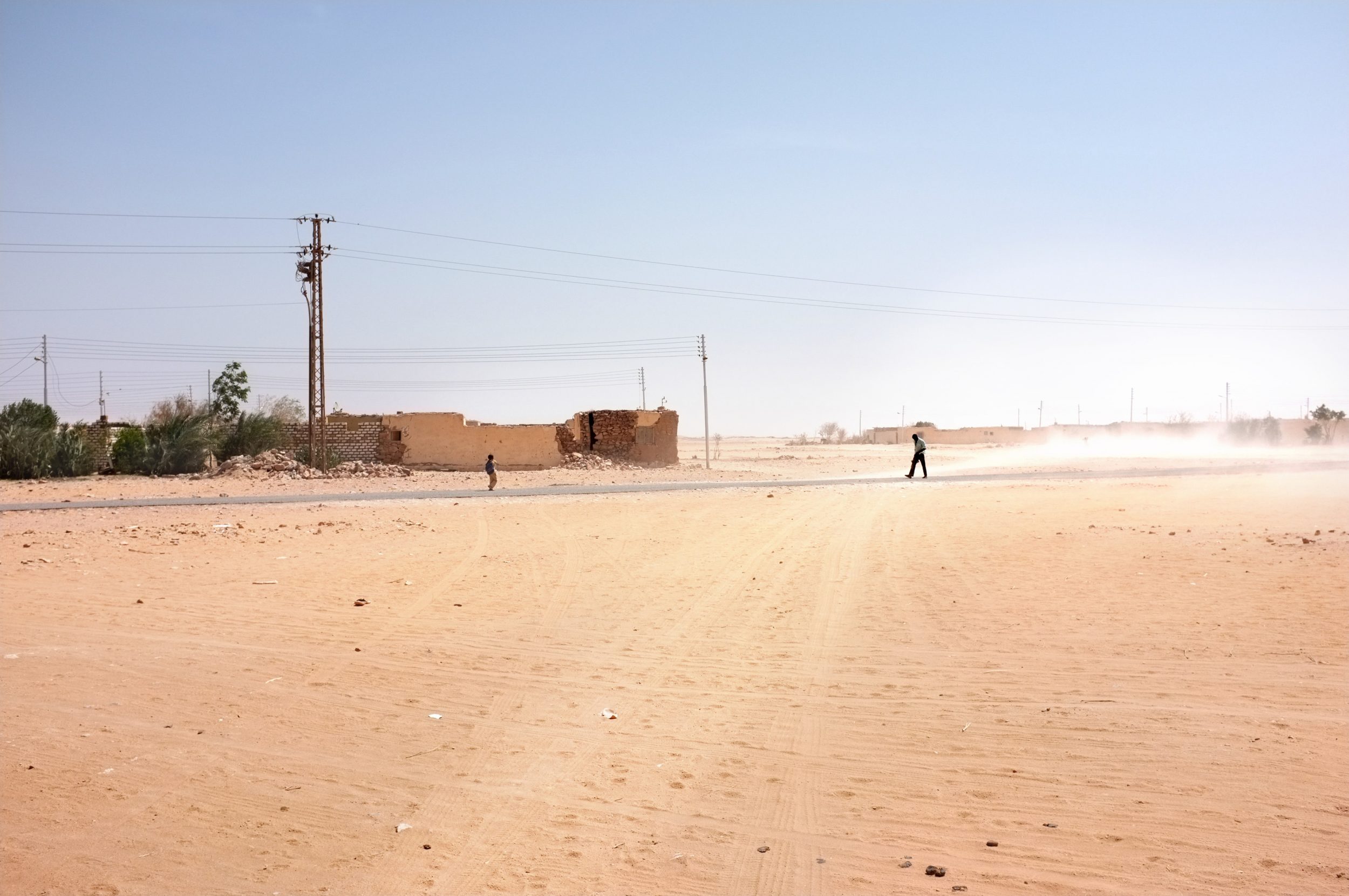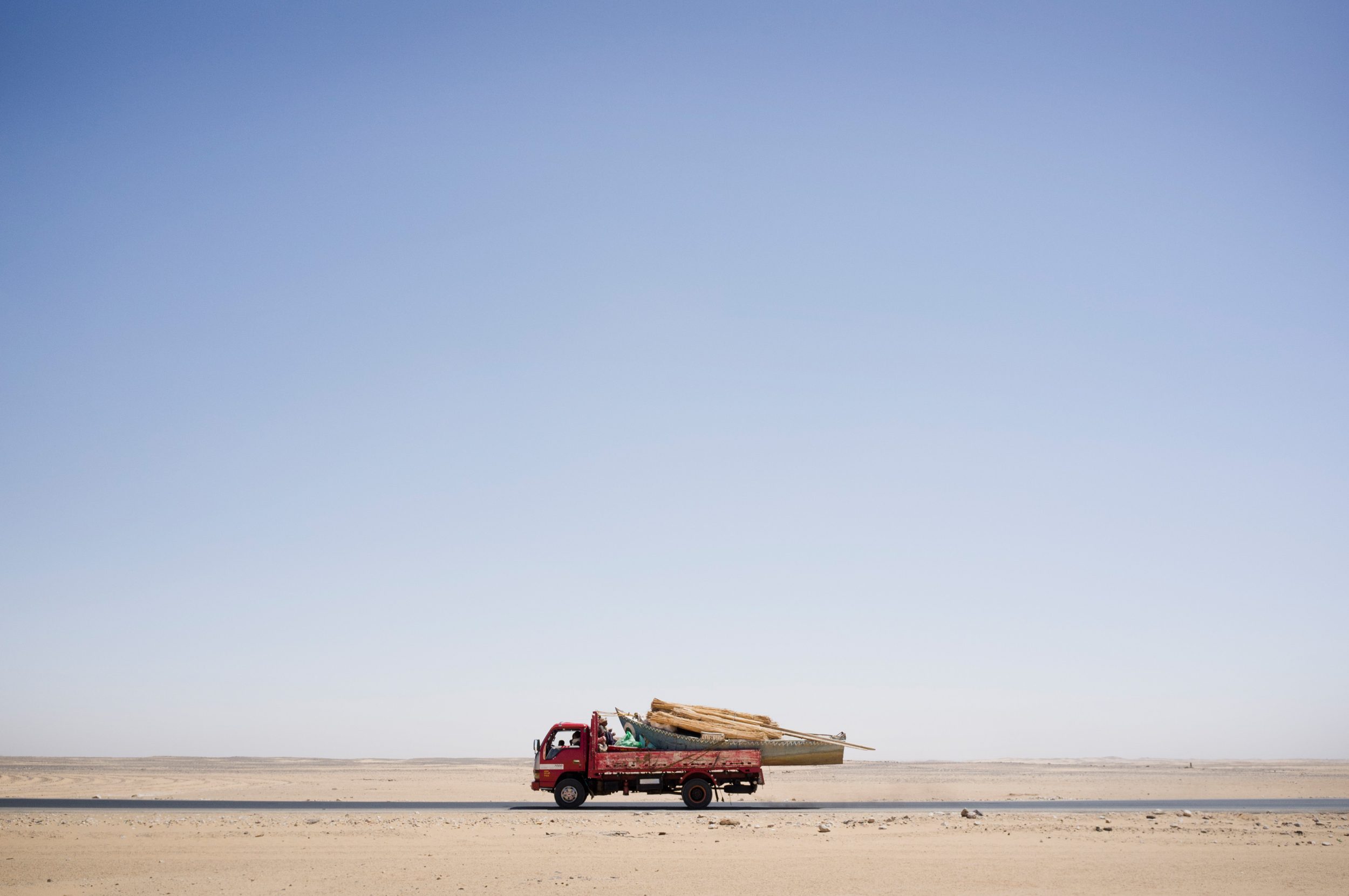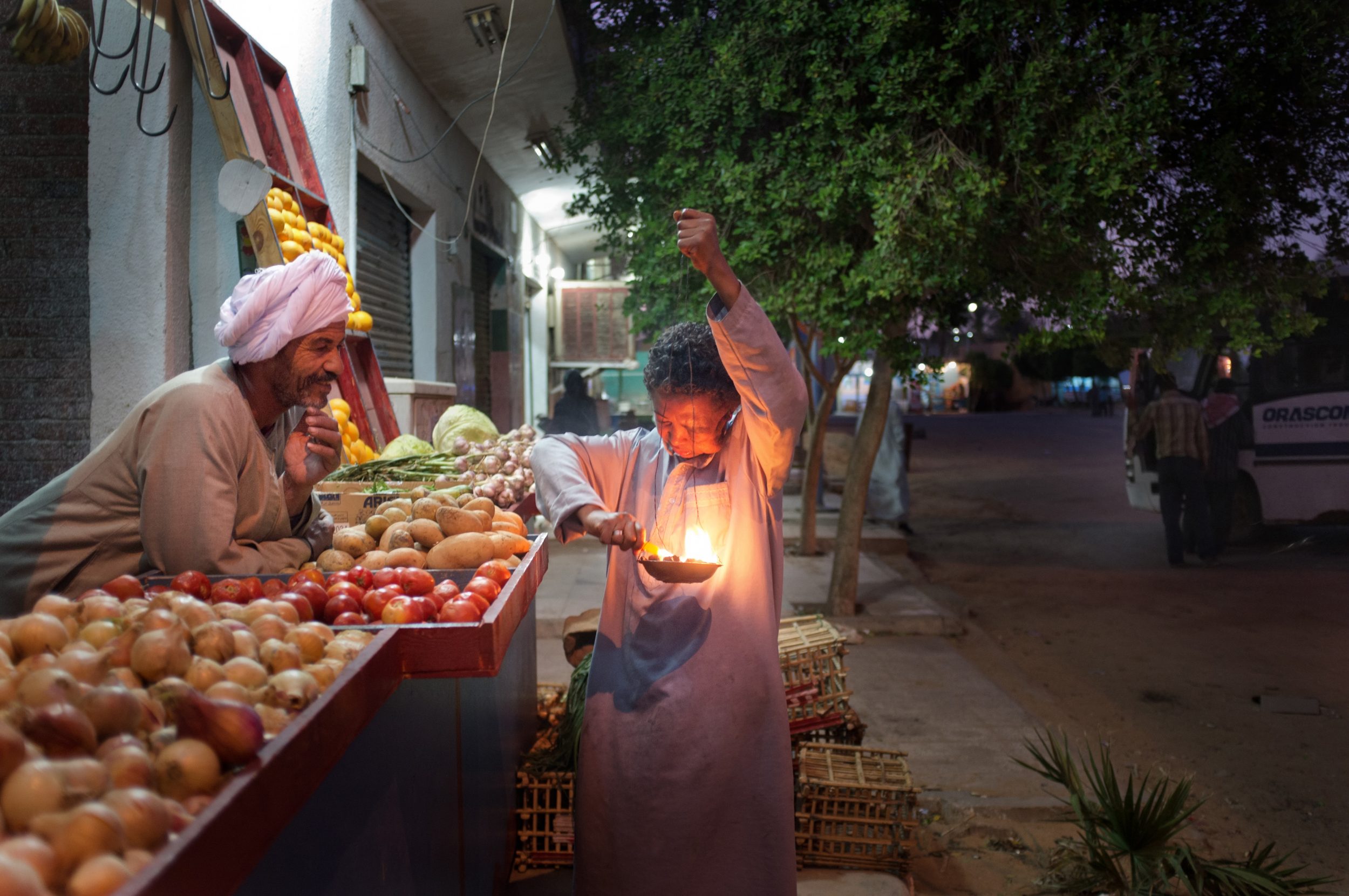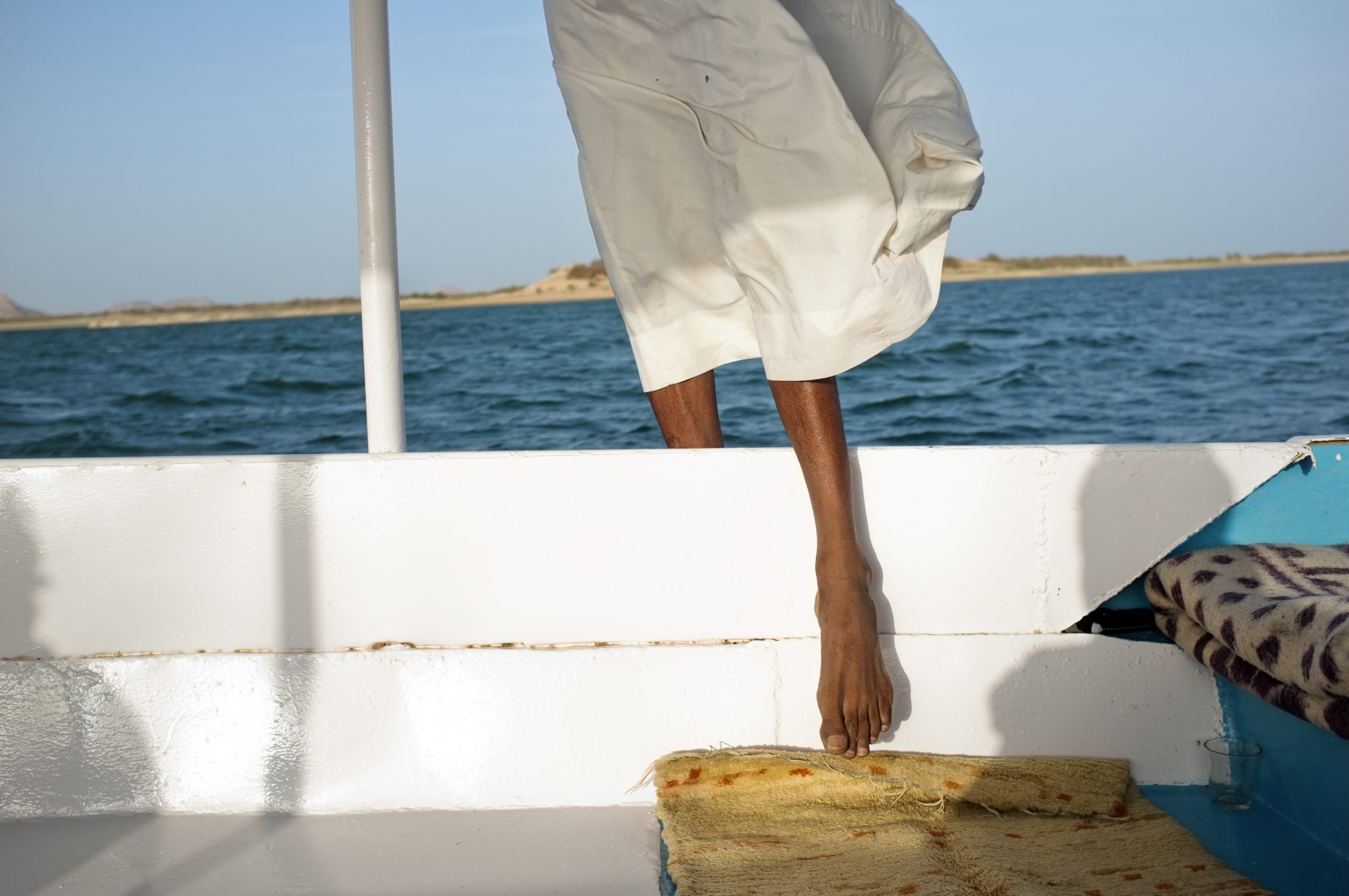Toshka
Egypt’s Toshka project was designed in 1997 as a solution for Egypt’s crowded cities, pollution, food shortages, and unemployment problems by relocating 20% of its population to a new Nile valley. However, after being largely dysfunctional with only 21,000 hectares of farmland developed out of the planned 250,000 hectares, it is now up to the next government to decide what to do with this huge investment.
The Muslim Brotherhood’s Freedom and Justice Party is against continuing Toshka as originally planned but has articulated its own “renaissance” plan for Egypt that seeks to boost the economy through private sector initiatives and large-scale projects. The challenge will be how to move forward without encountering the same pitfalls as Toshka, which was more valuable symbolically than in actual implementation of a new Nile valley.
One of the main issues with Toshka is that nearly all produce exported from there are profitable for farming companies and their contracts with the government don’t require any crops to be sold domestically, while Egypt faces a growing agricultural shortfall as the world’s biggest wheat buyer. The farms have provided only a few thousand jobs so far amidst rising unemployment in the country.
The debate now lies on whether to proceed with building housing and infrastructure for a new city at Toshka or renegotiate contracts with companies operating there, ultimately divorcing the project from its greatest supporter – former president Hosni Mubarak.
